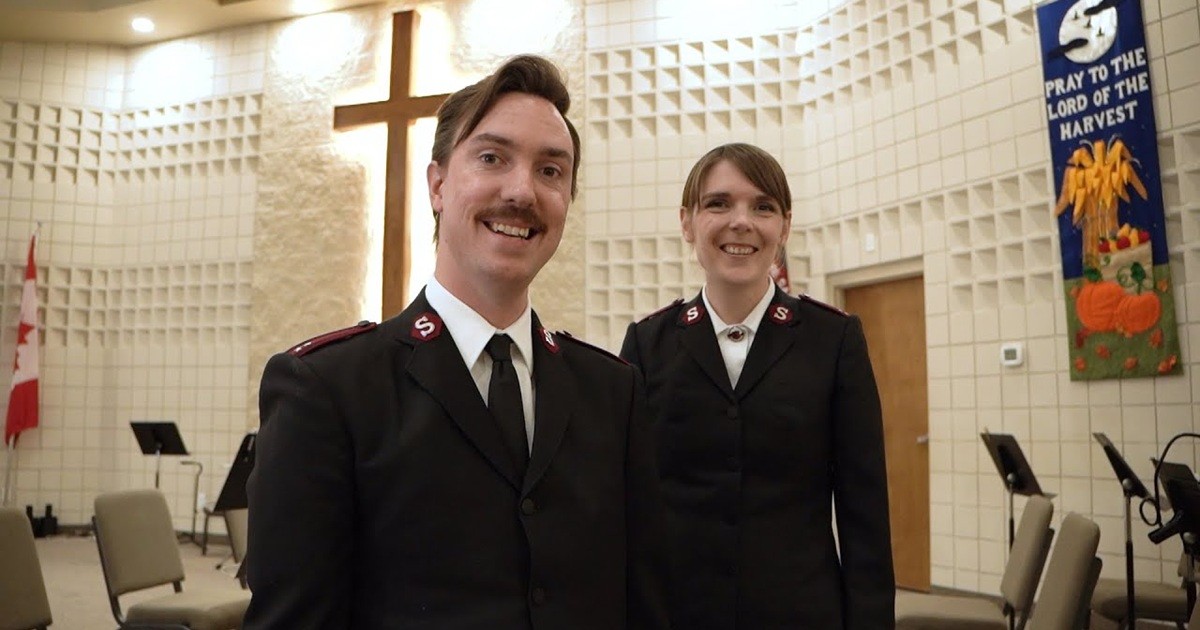When I was a kid in elementary school, there was a Valentine's Day tradition I dreaded. The teachers, in an attempt to stimulate creativity, instructed us to make valentine boxes into which our classmates could put valentine cards. Some of us worked very hard to make fancy boxes decorated with hearts, cupids and arrows. For some they were real works of art. During the week, our classmates stuffed valentines into our boxes. Every year it was the same: the popular kids—those with good looks, gregarious personalities, athletic prowess and designer clothes—all got heaps of valentines. The less popular kids—those who got all their homework done on time, who took education seriously, who were quieter and perhaps less good looking (the Ugly Betty types) got fewer valentines. And as if that wasn't enough, some of the kids counted their valentines in class and bragged about how many they had. The whole affair was an exercise in humiliation and, at the end of the day, many kids were glad to dump their empty boxes in the garbage.
Looking back, I can forgive the teachers because their motives were pure even though their judgment was poor. I can forgive the popular, bragging kids because they were only kids and immature. But what I have great difficulty in forgiving is the same actions in adults today who should know better.
Take, for example, the way some congregations treat their corps officers. Over the years, Salvationists have come up to me in conversation and said, “We've got a really good officer this year.” Then they proceed to tell me that he is a good singer, that he can play the piano or the accordion, that he hugs them and tells jokes. And I wonder to myself if he was one of the people who got most of the valentines in school. Then I think of the other officer who was not as popular. His wife had been sick and he could not spend as much time with his people as he would have liked. He wrestled with depression or migraine headaches. Perhaps one of his children was into drugs. Although just as sincere, just as dedicated and just as hard-working as the other, this officer did not receive many “valentines.” No one bragged about him as “a good officer.” Such officers can hardly wait for the party to be over.
What makes me even sadder—or madder, depending on my mood—is when this behaviour is seen in leaders. When leaders give “valentines” to the most popular on their team, while ignoring the hard work of the faithful, this is a gross injustice. A city official donates $1,000 to the Red Shield Appeal and we put his picture in the paper. A soldier at the corps gives $50 a week in her church offering envelope (at the end of the year more than doubling what the official gave) and gets no recognition whatsoever. A retired businessman gives five years of his retirement as a Salvation Army employee and he is recognized with a certificate of exceptional service. A Salvation Army officer-couple who entered training college as teenagers and gave their best years to the Army until poor health forced them into early retirement get a donut and coffee in a brief ceremony in the basement of DHQ. It is a wonder that more don't toss their valentine box in the garbage.
The Bible says: “Render therefore to all their dues: tribute to whom tribute is due; custom to whom custom; fear to whom fear; honour to whom honour” (Romans 13:7 KJV). A little more honour for the servants among us would go a long way to boosting morale in the ranks.
Perhaps we should take the time to honour those hard-working, faithful officers who slog it out in the trenches on the front lines. But let's not wait until they're gone to salute them. Let's give them bouquets while they can still smell the flowers and valentines while they can still see to read them. Now will that be an e-valentine or a traditional paper one?
 Major Fred Ash is the corps officer at Burlington Community Church, Ont.
Major Fred Ash is the corps officer at Burlington Community Church, Ont.
Looking back, I can forgive the teachers because their motives were pure even though their judgment was poor. I can forgive the popular, bragging kids because they were only kids and immature. But what I have great difficulty in forgiving is the same actions in adults today who should know better.
Take, for example, the way some congregations treat their corps officers. Over the years, Salvationists have come up to me in conversation and said, “We've got a really good officer this year.” Then they proceed to tell me that he is a good singer, that he can play the piano or the accordion, that he hugs them and tells jokes. And I wonder to myself if he was one of the people who got most of the valentines in school. Then I think of the other officer who was not as popular. His wife had been sick and he could not spend as much time with his people as he would have liked. He wrestled with depression or migraine headaches. Perhaps one of his children was into drugs. Although just as sincere, just as dedicated and just as hard-working as the other, this officer did not receive many “valentines.” No one bragged about him as “a good officer.” Such officers can hardly wait for the party to be over.
What makes me even sadder—or madder, depending on my mood—is when this behaviour is seen in leaders. When leaders give “valentines” to the most popular on their team, while ignoring the hard work of the faithful, this is a gross injustice. A city official donates $1,000 to the Red Shield Appeal and we put his picture in the paper. A soldier at the corps gives $50 a week in her church offering envelope (at the end of the year more than doubling what the official gave) and gets no recognition whatsoever. A retired businessman gives five years of his retirement as a Salvation Army employee and he is recognized with a certificate of exceptional service. A Salvation Army officer-couple who entered training college as teenagers and gave their best years to the Army until poor health forced them into early retirement get a donut and coffee in a brief ceremony in the basement of DHQ. It is a wonder that more don't toss their valentine box in the garbage.
The Bible says: “Render therefore to all their dues: tribute to whom tribute is due; custom to whom custom; fear to whom fear; honour to whom honour” (Romans 13:7 KJV). A little more honour for the servants among us would go a long way to boosting morale in the ranks.
Perhaps we should take the time to honour those hard-working, faithful officers who slog it out in the trenches on the front lines. But let's not wait until they're gone to salute them. Let's give them bouquets while they can still smell the flowers and valentines while they can still see to read them. Now will that be an e-valentine or a traditional paper one?
 Major Fred Ash is the corps officer at Burlington Community Church, Ont.
Major Fred Ash is the corps officer at Burlington Community Church, Ont.









Leave a Comment